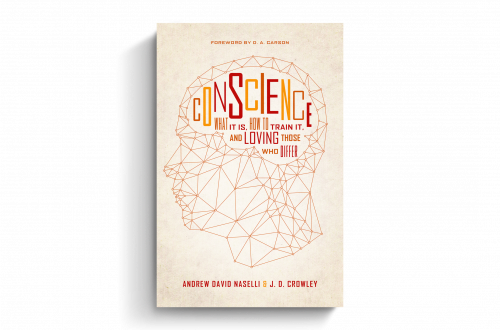 As I was driving in to work this morning, I was listening to Miranda Lambert’s song “The House that Built Me.” I’d heard the song before, but today I actually paid attention to the words for the first time. It wasn’t long before I felt like someone would need to pass me a hanky. I experienced then what many of you have experienced before too. Music has the ability to reach inside your guts and communicate like no other medium can.
As I was driving in to work this morning, I was listening to Miranda Lambert’s song “The House that Built Me.” I’d heard the song before, but today I actually paid attention to the words for the first time. It wasn’t long before I felt like someone would need to pass me a hanky. I experienced then what many of you have experienced before too. Music has the ability to reach inside your guts and communicate like no other medium can.
That is why Russell Moore’s recent essay on pop music is so relevant. It’s an ethical reflection on how Christians ought to think about and enjoy music. In particular, he answers a question about whether Christian parents should let their children listen to ‘secular’ music. I really like his take on this, and it will be worth your time to read the whole thing. Here is a snippet to get you going:
‘Now, I know there are some who would tell you the way to avoid the problem is to do away with “secular” music. But what is secular music? Does the Bible anywhere command us to limit artistic expression only to “spiritual” things? There are songs and poems in the Scripture itself that speak of things ranging from murder to marital sex to the beauty of nature, and so forth.
‘Moreover, the “Christian” music industry is often, I think, more damaging to children than some secular forms of musical expression. Much of what plays on commercial Christian radio presents an antiseptic view of life, and often as well a trivialized vision of Jesus and the gospel.
‘Too often, what people want is not a more Christian vision of life but a happier, sanitized vision of life. These are the people who would think the Song of Solomon to be obscene, if it weren’t safely sequestered in the pages of the canon where they can’t get to it. And they’re the people who complain to the pastor that his David and Goliath message was “too violent” for little Connor’s sensibilities.’
You can read the rest here.




5 Comments
paul
Wow, I agree with Russell Moore.
MatthewS
That “antiseptic” complaint is valid. That’s one of my issues with Christian radio. Real life throws real problems at you. There are in fact biblical characters who never questioned, who never wondered if they were right: the Pharisees who condemned Jesus. But so many godly people struggled. David, Job, Moses, Joshua, on down the line to John the Baptist and the apostles.
Instead of one bubbly song after another, I would appreciate hearing songs that deal with trials and suffering and failing as well as being joyful and peaceful and uplifting. The fruit of the Spirit isn’t only a mental construct – it happens in real life.
I would be curious to know if others agree but it seems to me that Todd Agnew and Jeremy Camp address some of these things better than others. Steven Curtis Chapman’s latest album obviously deals with difficult questions. Michael Card has long attempted to be faithful to the ancient worship music of the Psalms, I think. I don’t think all meaningful music needs to be angsty, but it should offer something meaty for the wife who has been abandoned, the child of divorce, the husband who has been betrayed, the person who recently lost someone to a tragic accident, the dad who can’t find a job… but now I’m partly just trying to resay what Moore said but he said it better.
MRS
“It wasn’t long before I felt like someone would need to pass me a hanky. I experienced then what many of you have experienced before too. Music has the ability to reach inside your guts and communicate like no other medium can.”
It’s abreaction. The pastor and theologian Paul Zahl has a great deal to say on this matter.
Russell Moore
I love “The House That Built Me.” It tears me up too!
Donald Johnson
I appreciate Moore’s insightful thoughts.